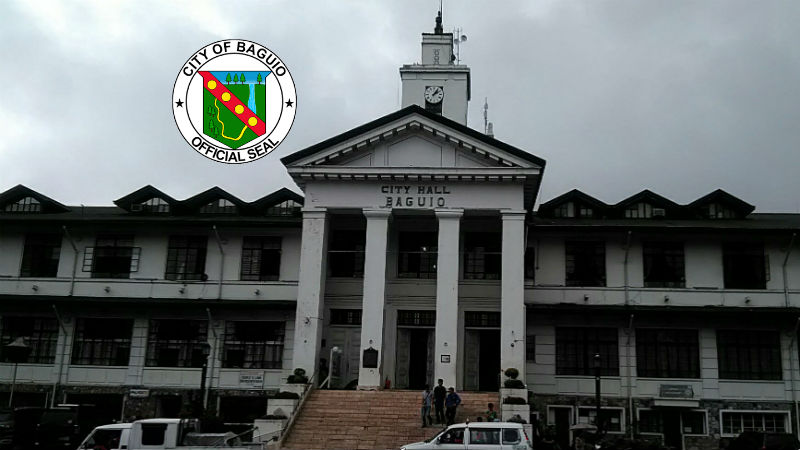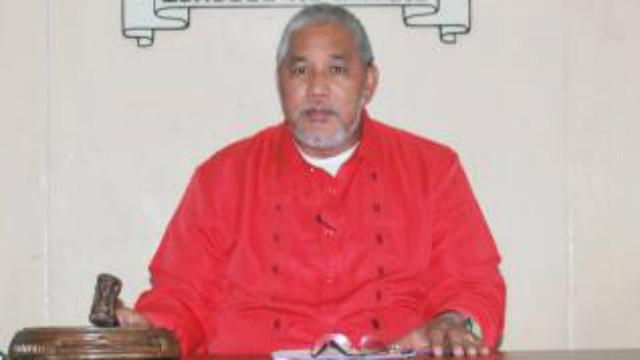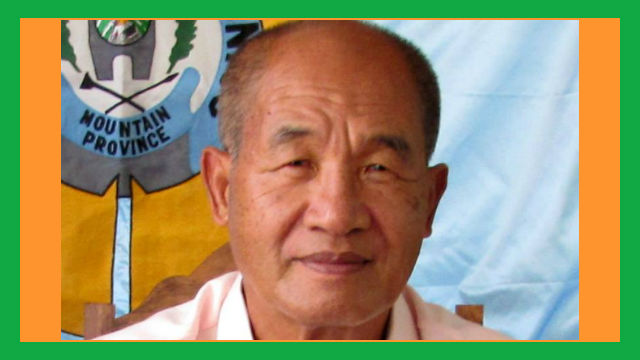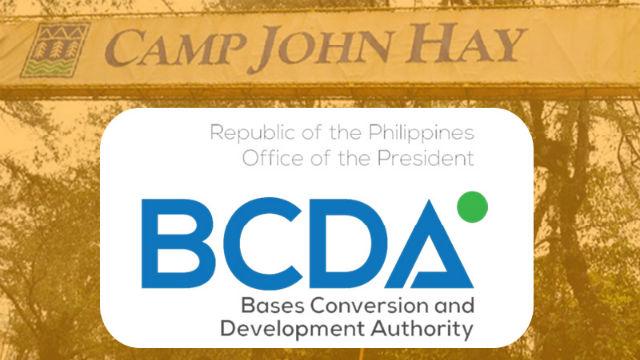The city government must provide better services and a more responsive youth program that will strengthen efforts to sustain Baguio’s competence as a center of quality education.
The overall goal is for the city to produce graduates in all levels who will be well-trained for responsible citizenship, who will be morally conscious, and who will be capable for business, industry and the professions.
This was voiced out by retired Philippine National Police Director Benjamin Magalong, who pointed out that we should focus on the upgrade of facilities and faculties, and the expansion of existing scholarship grants to deserving students.
“We should propagate the Alternative Learning System, encourage Technical and Vocational studies, and allot more scholarships for the financially challenged,” he said.
“To empower the youth, our younger generation’s development programs must strive to make our children morally responsible and better prepared for adulthood. Development should focus on leadership skills training, sports, and other diverse alternative programs. Our youth must be encouraged to participate in anti-crime, anti-drug, and anti-juvenile delinquency activities. Facilities should be established as youth convergence centers,” Magalong stressed.
He explained that in order to enliven culture, arts and crafts, full government support should be extended to our partners in the arts, culture, and the creative sector befitting the city’s latest title as the only Philippine city in the elite United Nations Creative City Network. There will be constant engagement and active involvement with this sector to encourage appropriate activities meant to enliven the cultural scene and strengthen harmonizing efforts of varied indigenous and traditional cultural practices.
“Admittedly, these core-ideas are initiating principles that may well serve to generate more ideas for greater consensus
with the populace. No man or woman has exclusive monopoly of the good things to state by way of solemn covenant. Agenda preparation is always a work in progress”, Magalong said.
“To speed up government action, services must be made accessible, available, and affordable to the people. We must do away with policies that make our people wait in long lines just to be served, or told to return in vain for follow-up. We must make our constituents feel and experience government service at its finest,” he continued.
Magalong, although of Pangasinense ancestry, was born and raised in Baguio City. He studied in St. Louis Laboratory Elementary and High Schools before joining the Philippine Military Academy where he graduated as Magna Cum Laude in 1982.
He retired from the Philippine National Police after 38 years and 8 months of active service on December 15,
2016 as PNP Deputy Chief for Operations. Before that, he served as regional director of the Police Regional Office Cordillera, as head of the PNP Criminal Investigation and Detection Group and as chairman of the PNP Board of Inquiry which investigated the Mamasapano massacre.
After graduating from the FBI National Academy, he also served as chairman of the PNP Transformation Program, chief of staff of the Philippine Drug Enforcement Agency, and as commander of the PNP Special Action Force.
During his tour of duty, Magalong was conferred the Distinguished Service Star, the PNP Gold Cross, 15 Outstanding Achievement Awards, 166 Military and PNP Achievement and Merit Medals for his combat and law enforcement accomplishments.













